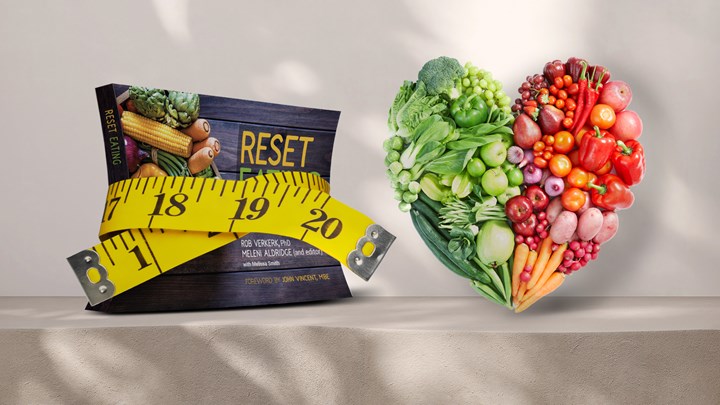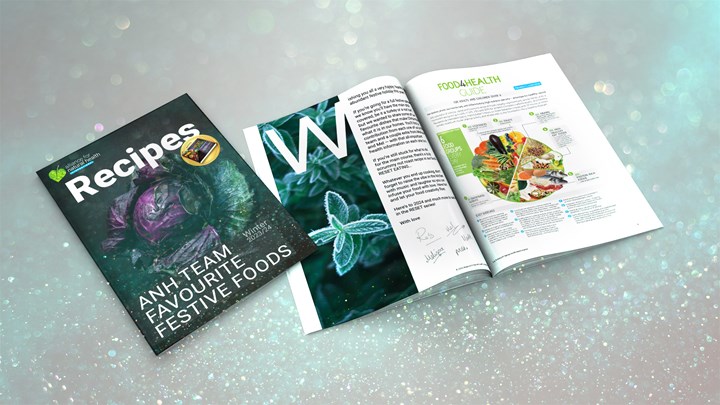I’ve got no excuse for the inactivity on this blog. It’s too easy to say we’re just flat out so much of the time that there’s no time. But what amazes me is that people who I know are very busy, manage to keep their blogs updated. And more than that — they’re out there twittering away and posting on Facebook regularly as well. It might be poignant to add, however, that not all of those are being physically active as well!
So, as we move into overdrive trying to get more, but shorter, stories out, punctuated by videos — all in an effort to increase our reach while freeing up a bit more time so we can increase the effectiveness of our campaigns for natural health, here’s a very belated blog.
Middle age and hard work takes its toll
What makes it worse, from a personal point of view, is that somehow along the way you’ve got to also find time to look after yourself and, even more importantly, give time to your family and friends. Since I took up campaigning and set up ANH in 2002, I found I had almost no time for myself. That meant no time to do things that are good for me other than eating the ‘right’ things most of the time. What really suffered was physical activity — and previous to this phase of my life, I had been very active physically for most of my life.
Addressing the problems with lifestyle — and diet
In the hot, early spring of 2010, I decided to take my youngest daughters for a swim in a lake in southern England. My wife had a camera with her and photographed me in my swimming shorts. I saw the result several days later and initially thought the picture was of someone else. The recognition of who I had become—physically—gave me the shock I needed. I got back on a bicycle, one of my great loves. I now peddle on average over 100 miles a week and three or four times a year I take part in century rides on weekends. In June, I’ll be cycling the Alps with my oldest son who will have, days before, just completed his six years of medical studies. Although my home is 25 miles from the office, I often cycle to and fro, getting there sometimes in the same time it takes me to drive — at least on bad traffic days. The side effect of all this is that I’ve now lost around 18 kg (40 lbs) and am back to the weight I was 36 years ago at the age of 16!
But the process of becoming active again has been transforming. The extra time taken to be more physicaly active has made me more efficient and I can now get even more done! I’ve coupled the increased physical activity with changing the way I eat, more than what I eat. It seems a lot of accepted wisdom in nutritional circles is now being contested as people get stunning results addressing endocrine imbalance, insulin resistance and weight loss by altering (reducing) meal frequency. One very simple idea, leaving at least 5 hours between meals and cutting out all snacks of any type between meals is very powerful. Dietitians have long argued that you should eat little and often to maintain blood glucose levels. Another idea is stopping the incessant water sipping that has become the vogue in ‘healthy circles’ in recent years. Drinking a litre of water in one go, away from meals — when you’re thirsty — seems to be better for us. These two changes greatly reduce the repeated triggering of low-grade inflammation that’s the real enemy in chronic diseases and that are associated with all food or drink we ingest. The fact is, it’s not just about calories in, energy out. It’s also about increasing the amount of protein you consume, minimising starchy carbs, and getting in enough coloured fruit and veg. But, in our Food4Health campaign, we’ll be talking about some of these ideas further.
For all of us motivation is one of the biggest stumbling blocks. In my case, the key that unlocked my motivation wasn't too deeply buried: I, like all of us at the ANH, feel that we have to be able to ‘walk the talk’ for our ideas on health empowerment to be taken seriously, whether it’s with the public, the medical orthodoxy, or with governments.
Let’s face it, we’re rather good at finding excuses. But, really, the vast majority of us don’t have any. So let’s get on with it!
Till next time…
Rob Verkerk







Comments
your voice counts
There are currently no comments on this post.
Your voice counts
We welcome your comments and are very interested in your point of view, but we ask that you keep them relevant to the article, that they be civil and without commercial links. All comments are moderated prior to being published. We reserve the right to edit or not publish comments that we consider abusive or offensive.
There is extra content here from a third party provider. You will be unable to see this content unless you agree to allow Content Cookies. Cookie Preferences